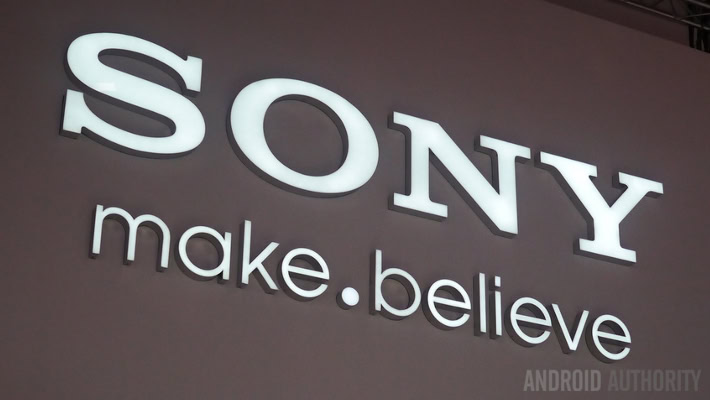Affiliate links on Android Authority may earn us a commission. Learn more.
Sony is staying in the smartphone business, but for the wrong reasons
Published onJanuary 18, 2018

Sony’s smartphone business has been struggling for a while now. The company’s handsets don’t have the same appeal as those made by Samsung, LG, or HTC, partly due to their dated design and high price tags.
Due to poor smartphone sales and bad financial results over the years, some have speculated that Sony would leave the smartphone market altogether. Now it looks like that’s not going to happen. In an interview with The Guardian, the company’s CEO Kaz Hirai set the record straight.
During the interview, Hirai said that Sony will stay in the smartphone business for strategic reasons, so the company will “have the opportunity to play in the next paradigm shift.” You can read the entire quote below:
The reason we’re doing that is not because we think smartphones are the future, but because we have to have some devices connected to a network in order to communicate. If we get out of the [communications] space, we won’t have the opportunity to play in the next paradigm shift.It’s not about the smartphones of today; it’s more about looking beyond smartphones – at what are we going to be doing – and to be a player in this space; ideally to be a leader. For that strategic reason, I want to make sure we stay, not in the smartphone business, per se, but in the communications business.
We’re happy to hear Sony is not calling it quits, as more competition is always better. It forces companies to innovate and brings down prices.

However, based on Hirai’s quote, it seems like Sony has almost given up on smartphones. The CEO didn’t mention anything about what changes the company will make that would enable it to take on the bigger players in the market. Staying in the mobile world purely for strategic reasons is not a great plan. In fact, it’s a recipe for disaster.
Sony has to step up its game and release attention-grabbing smartphones that can increase sales. The company has to focus on the now and not just on the “next paradigm shift”, which is likely still far, far away.